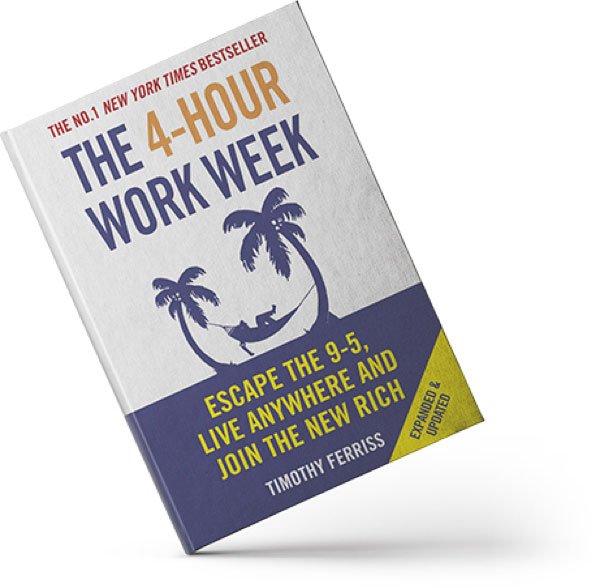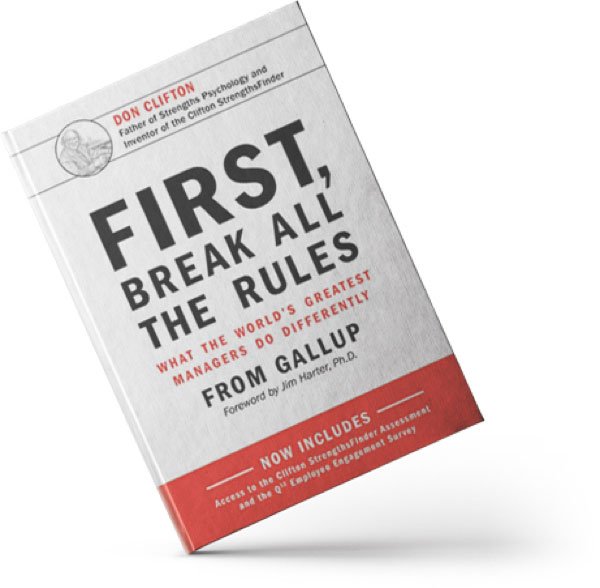The end of Employee Car Ownership Schemes (ECOS) as we know them is set to shake up the UK motor industry. For over two decades, ECOS has been a vital part of the finely balanced ecosystem between manufacturers, dealerships, employees and its customers. Now, with HMRC announcing fresh legislation to dismantle the tax advantages of these schemes, the automotive sector faces a significant financial and operational reset.
THE DECLINE AND REBIRTH OF COMPANY CARS, NOT JUST ABOUT ECOS
Back in 2015/16, almost 960,000 company cars were reported on form P11D. Fast forward just five years and that figure had slumped to 720,000 in 2020/21, a direct result of rising benefit-in-kind (BIK) taxes. Faced with hefty tax bills, many employees opted to take cash allowances instead, using the funds to purchase or lease their own vehicles.
For many employees and not just those in the Motor Trade who had access to an Employee Car Ownership Scheme, they were able to have access to a car that looked and felt like a company car but without the crippling tax burden of paying company car tax.
For the motor trade in particular, ECOS became a high-value, low-cost perk that supported recruitment, retention, but perhaps more importantly provided a steady and reliable flow of nearly new cars to sell to its retail customers.
By 2023/24, the last year we have figures for, company cars are back on trend. The number of company cars has climbed back up to 840,000, driven primarily by the surge in battery electric vehicles (BEVs) and plug-in hybrids (PHEVs), where the Government has incentivised the take-up of “green” company cars through a combination of favourable tax rates and full capital allowances/no leasing disallowances.
Salary sacrifice arrangements for low emission company cars have also helped providing employees the opportunity to take a reduced salary and drive a company car. It may have taken longer than the Government anticipated but tax policy seems to have re-energised the company car market. This may not have been the case had the Government not bowed to pressure when introducing the Optional Remuneration Arrangement legislation in 2017 which was designed to reduce the tax effectiveness of salary sacrifice arrangements where the draft legislation included low emission company cars! Lobbying can work!
WHAT EXACTLY IS AN EMPLOYEE CAR OWNERSHIP SCHEME (ECOS) AND WHY IS IT STILL PREVALENT IN THE MOTOR TRADE
At its heart, an ECOS is a discounted car purchase arrangement. Ownership passes to the employee on day one, ensuring the vehicle is not taxed as a traditional company car.
The advantages were clear:
- Lower costs for employees: Avoiding BIK tax meant affordable access to premium vehicles.
- Reduced liabilities for employers: No company car tax, no employer NIC on benefits, and smoother fleet management.
- Flexible financing: Employees often received favourable terms on insurance, interest, or servicing.
WHY ECOS WAS CRUCIAL FOR CAR MANUFACTURERS AND DEALERSHIPS
Manufacturers and dealerships in particular embraced ECOS to provide staff benefits, and create a ready supply of nearly new, low-mileage cars for resale. In truth ECOS may not always have been the most cost effective way for employees to drive cars provided by their employers but became a very effective way for the Trade to move stock and create demand for nearly new cars using short replacement cycles.
The motor industry’s reliance on ECOS cannot be overstated. Dealerships were often required by manufacturers to hold the full model range, including highly specified and expensive cars. Offering them as standard company cars was financially unsustainable, but ECOS provided a perfect solution.
Here’s why ECOS mattered so much:
- Showroom-ready vehicles: In many cases, cars used by employees also doubled as demonstrators, keeping dealerships stocked with premium models.
- A pipeline of nearly-new cars: After 6–9 months, cars returned with under 10,000 miles, feeding the booming nearly-new market.
- Employee engagement: Staff benefited from affordable vehicles, boosting loyalty and morale.
- Stock control: ECOS helped manage turnover of models while maximising resale value.
Legislating against ECOS risks dismantling this carefully balanced ecosystem, leaving dealerships scrambling for alternatives.
WHY IS HMRC TARGETING ECOS NOW?
ECOS has been in the HMRC “Spotlight” multiple times over the last 20 years, where up until now it has always been concluded that schemes which were structured correctly, and operated compliantly in accordance with HMRC guidance did not fall under company car rules. So why the sudden shift now and why the emotive language?
In the 2024 Budget we had the unexpected announcement that HMRC planned …
A crackdown on “contrived” arrangements. Something I have previously reported on.
The big debate was around what “contrived” would mean in practice, and how would the legislation work? Now we have seen the draft legislation we now know that all ECOS schemes will lose their tax advantages from October 2026.
From that date forward, any car provided under an ECOS will be taxed as a company car, regardless of how ownership is structured if schemes where:
- There are restrictions on private use
- The employee is not the registered keeper
- There is a set buyback or onward sale agreement
The legislation leaves little room for manoeuvre, effectively closing the door on an arrangement that has worked effectively for decades.
So what about the why now question? ECOS has always worked most effectively for high value high CO2 emission vehicles which would have been taxed based on 37% of the list price of the vehicle. ECOS has provided an opportunity to for employees to drive these vehicles without the associated tax burden which in reality is something that is contrary to Government policy promoting “greener” driving. The tax yield estimated by HMRC in the 2025/2026 tax year of more than £275m is clearly attractive but in reality will only materialise if employers and employees continue to drive ECOS cars.
THE COST IMPACT FOR EMPLOYERS AND EMPLOYEES
The financial consequences of continuing to drive the same high value, high CO2 vehicles under an ECOS can be stark.
- Employees:
Those currently paying modest sums for insurance and finance could suddenly face a company car tax bill on top of those costs of £500–£1,000 per month. For many, that’s an unaffordable jump. - Employers:
The introduction of Class 1A National Insurance Contributions (NIC) on ECOS vehicles will add thousands to business costs, particularly where schemes are offered to a wide workforce.
Whether it’s a handful of senior executives or a large pool of staff, the ripple effect will be significant.
Using ECOS to provide low/zero emission cars is still an option but won’t be the most cost effective way of doing so if employees are still required to make payments to drive those vehicles as they would not benefit from any tax relief e.g. as a private use contribution.
WHAT ALTERNATIVES DO CAR DEALERS AND EMPLOYERS HAVE?
With ECOS off the table, businesses need to explore alternative ways of offering value to employees without triggering punitive tax costs. Options include:
- Cash Allowances: Provide staff with a cash sum instead of a vehicle, allowing them to arrange their own purchase or lease. For those employees who drive high levels of business mileage, tax free Mileage Allowance Payments may also be attractive if they are driving their own vehicle.
- Low-Emission Company Cars: Providing EVs and plug in hybrids as company cars remains attractive due to reduced BIK rates. For some employees, this could soften the blow.
- Direct Sales at Discounted Prices: Manufacturers and dealerships can still sell vehicles, new or used – to employees at prices below retail but not below cost without any benefit in kind implications.
- Loans for Car Purchases: Providing tax free loans rather than car benefits may keep arrangements compliant.
- Flexible Benefit Packages: Employers may combine allowances, loans, and salary sacrifice arrangements for EVs to maintain competitiveness.
Ultimately, the best solution will depend on workforce demographics, contractual obligations, and employee preferences.
STRATEGIC CONSIDERATIONS FOR THE AUTOMOTIVE INDUSTRY
For dealerships and manufacturers, the bigger question is how to adapt business models in a post-ECOS landscape. Some key considerations include:
- Stock planning: Without ECOS, how will dealerships manage demonstrator and nearly-new car pipelines? Customer demand may ultimately drive which vehicles are required for demonstrations.
- Employee incentives: What new benefits will attract and retain talent in a competitive industry?
- Customer engagement: Could offering exclusive staff purchase schemes also appeal to corporate customers?
- EV transition: With government policy driving electrification, aligning incentives with EV adoption may be the most tax-efficient strategy.
This is not just a tax issue. It’s a strategic shift for the entire sector.
NEXT STEPS: HOW BUSINESSES SHOULD PREPARE NOW
Given the new tax rules don’t come into effect until October 2026, there’s still time to plan but little time to delay. Employees may still be able to enjoy the benefits of ECOS for another 2 replacement cycles but pulling together an action is essential. Employers and dealerships should:
- Audit current ECOS arrangements to understand all the cost implications.
- Model the financial impact for both business and employees.
- Engage employees early, to explain the reason for change and the action plan, including when to stop providing ECOS arrangements.
- Explore alternatives, from cash allowances to low-emission company cars.
- Review employment contracts to determine legal obligations around vehicle provision.
Failing to prepare could lead to unexpected tax bills, frustrated employees, and spiralling and unexpected employer costs.
WE CAN HELP NAVIGATE THE TRANSITION
The ECOS crackdown may potentially be one of the most disruptive changes the motor industry has faced in years. But with the right planning, it can also be an opportunity to reset benefits, streamline costs, and embrace the future.
We’re here to help manufacturers, dealerships, and employers navigate the complex tax landscape, restructure benefit packages, and stay compliant without losing employee goodwill.
If you’re facing uncertainty over the future of ECOS, now’s the time to act. With the right advice and a clear strategy, you can turn this challenge into a competitive advantage. Get in touch with our team today. We’d love to chat.























